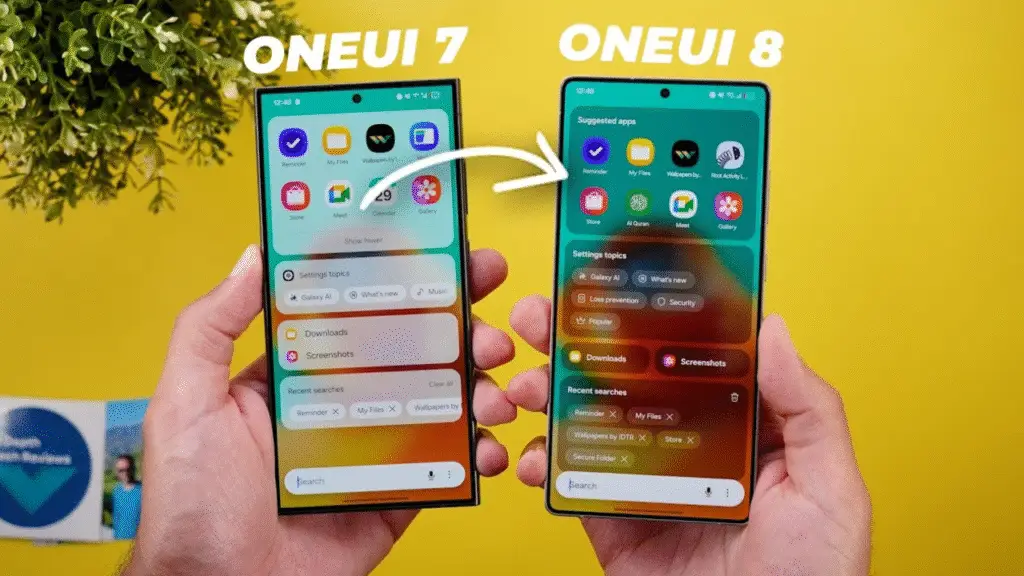Starting with the upcoming Pixel 10 series in late 2025, Google will shift the manufacturing of its Tensor G5 chip from Samsung Foundry to Taiwan Semiconductor Manufacturing Company (TSMC)
This marks a major strategic pivot in Google’s hardware approach.
Why the Transition to TSMC Matters
- Advanced Fabrication: Tensor G5 will be built on TSMC’s 3 nm process (specifically N3E), replacing the 4 nm Samsung process used in Tensor G4
- Improved Efficiency: TSMC is widely regarded as delivering more power-efficient and thermally optimized chips than Samsung’s foundry. This is especially important given persistent overheating and battery drain concerns with earlier Tensor generations
- In‑House IP Control: With TSMC, Google is moving to a fully in‑house design for many critical components custom ISP, TPU, controllers breaking away from past Samsung-derived blocks
Key Features of Tensor G5
- Fully Custom SoC: Internally codenamed “Laguna,” Tensor G5 is Google’s first complete in-house designed Tensor silicon, replacing Samsung LSI’s IP with Google-engineered components
- Packaging Innovation: Utilizes TSMC’s InFO‑PoP packaging, which helps deliver thinner form factors and improved thermal headroom
- Upgraded Components: Includes a GPU from Imagination Technologies (DXT) and newly licensed image/video controllers, while shifting to a custom Google ISP and memory controllers
Projected Outcomes for Pixel Devices
- Better AI & Imaging Performance: The new ISP and TPU architecture are expected to deliver faster photo and video processing, potentially unlocking improved AI editing tools on-device
- Lower Heat & Power Ripple: With TSMC’s 3 nm node, the chip should operate cooler, with fewer thermal throttling issues that plagued earlier generations.
- Long-Term Commitment: Google has reportedly entered a 3–5 year agreement with TSMC, meaning Tensor G5 through at least Tensor G14 (up to Pixel 14 series) will use TSMC’s foundries.
Timeline & Roadmap
- Tensor G4 (Pixel 9 series, 2024): Final Tensor chip made on Samsung’s 4 nm process.
- Tensor G5 (Pixel 10, expected late 2025): First Google-designed chip manufactured via TSMC’s 3 nm technology.
- Future G6 & Beyond: Reports indicate a move to TSMC’s 2 nm process for Tensor G6 in 2026, furthering the efficiency gains.
Why It Matters
Performance & Thermal Advantages
TSMC’s advanced node is expected to yield cooler-running, power-efficient chips that help extend battery life and reduce thermal throttling key weak points of previous Tensor versions.
Google’s Hardware Independence
By internalizing key parts of chip design like the ISP, TPU, and memory controllers Google gains more control over features and performance. This should also enhance AI capabilities and allow for deeper hardware-software integration.
Multi-Year Roadmap with TSMC
A reported 3–5 year partnership means Tensor G5 through G14 (up to Pixel 14 series) will be built by TSMC, aligning Google with Apple and Qualcomm’s ecosystem strategy.
Final Thoughts
The Google–TSMC partnership for Tensor represents a major milestone in Google’s hardware strategy. By moving to TSMC’s advanced nodes and internalizing critical chip design, the Pixel line stands to gain performance, efficiency, and future AI capabilities. The transition sets the stage for what could be Google’s most competitive Pixel lineup yet starting with Pixel 10.
FAQs
Why did Google switch from Samsung to TSMC?
Google aims to resolve performance and thermal limitations of previous Tensor chips by choosing TSMC’s advanced 3 nm process and superior efficiency.
What makes Tensor G5 special?
Tensor G5 is Google’s first fully in-house designed SoC, featuring custom ISP, TPU, GPU (Imagination DXT), and controllers, built using TSMC’s 3 nm node.
When will the Tensor G5 powered devices arrive?
Look for the Tensor G5 chip debut in the LTE Pixel 10 family, set to launch around August 2025 at the Made by Google event.
How long will Google use TSMC for Tensor chips?
The partnership is expected to last at least through the Pixel 14 series (up to 2029), meaning all future Tensor chips in that timeframe will use TSMC fabrication.
Will this change improve camera quality?
Yes, custom Google ISP and improved AI processing with Tensor G5 should boost image/video output quality, even on unchanged lens hardware.
Follow Phoonomo to never miss an update



